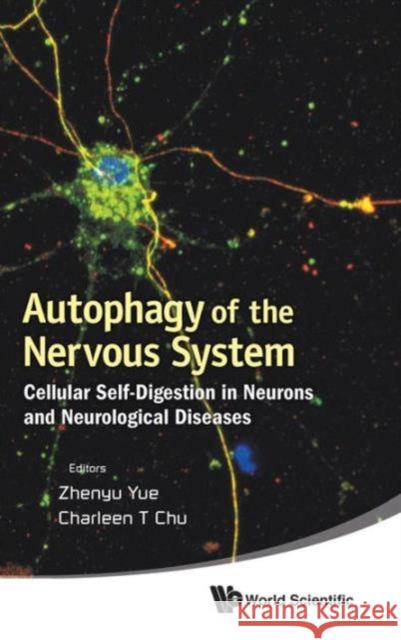Autophagy of the Nervous System: Cellular Self-Digestion in Neurons and Neurological Diseases » książka
Autophagy of the Nervous System: Cellular Self-Digestion in Neurons and Neurological Diseases
ISBN-13: 9789814350440 / Angielski / Twarda / 2012 / 440 str.
What is autophagy? Why would neurons or other brain cells digest parts of themselves through autophagy? How can autophagy save the lives of cells under some conditions, but act as a culprit or accomplice to cell death in others? By what mechanisms are autophagy-related processes dysregulated in neurological diseases and are there therapeutic strategies to correct or compensate for its dysfunction? This book addresses these questions, providing an expert view of major concepts in autophagy research with a focus on autophagy in neurons. Current experimental evidence for both evolutionarily conserved and specialized regulatory mechanisms for autophagy in the mammalian nervous system will be presented, including recent data on braking mechanisms. Areas of intersection with cell death, the ubiquitin-proteasome system, chaperone- mediated autophagy, and the endocytic pathway will be reviewed, along with emerging areas of mitochondrial autophagy (mitophagy) and the autophagic regulation of neuritic/synaptic processes. Advances in delineating mechanisms by which autophagy is involved in the pathophysiology of neurological disorders including Alzheimer's, Parkinson's, Huntington's, amyotrophic lateral sclerosis, ischemia/hypoxia and lysosomal storage diseases, will be discussed along with current drug development strategies targeting autophagy.











